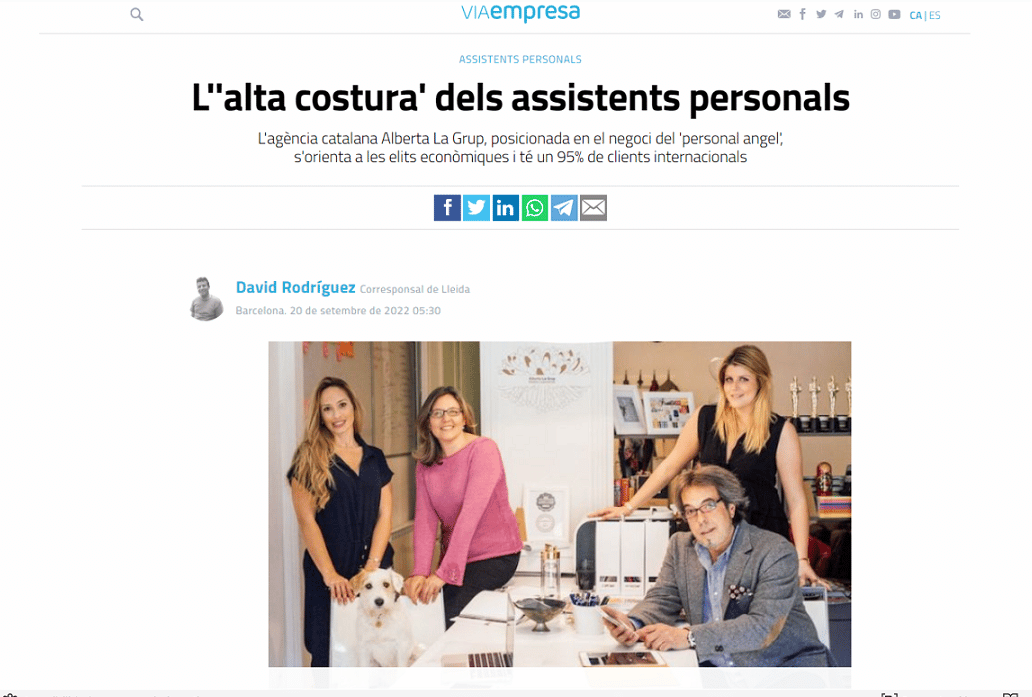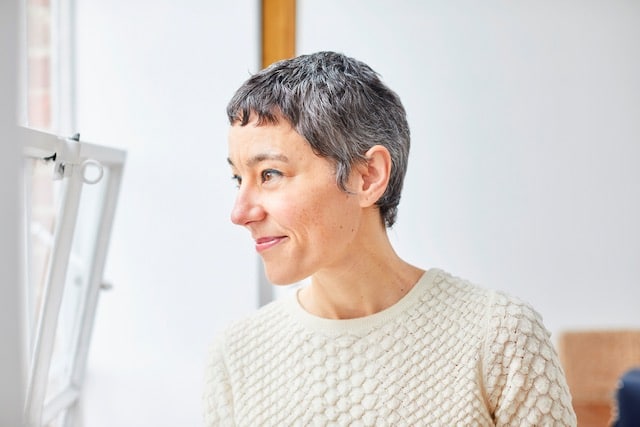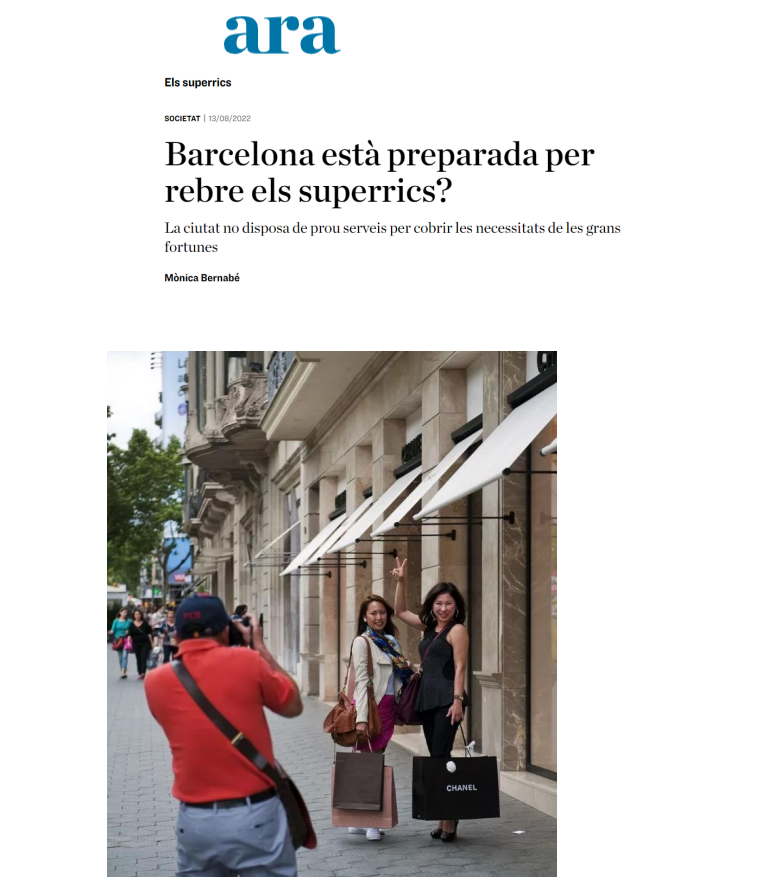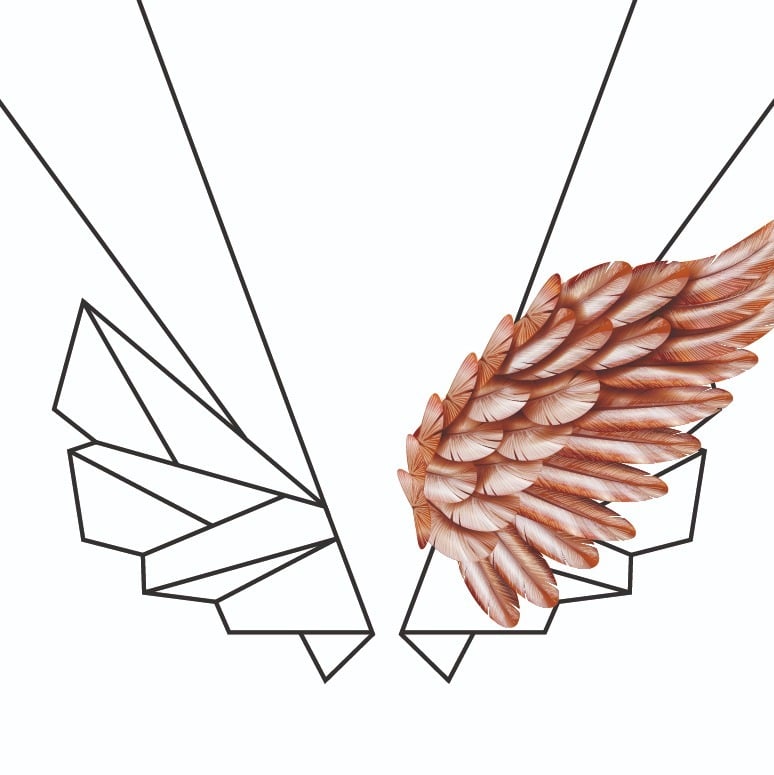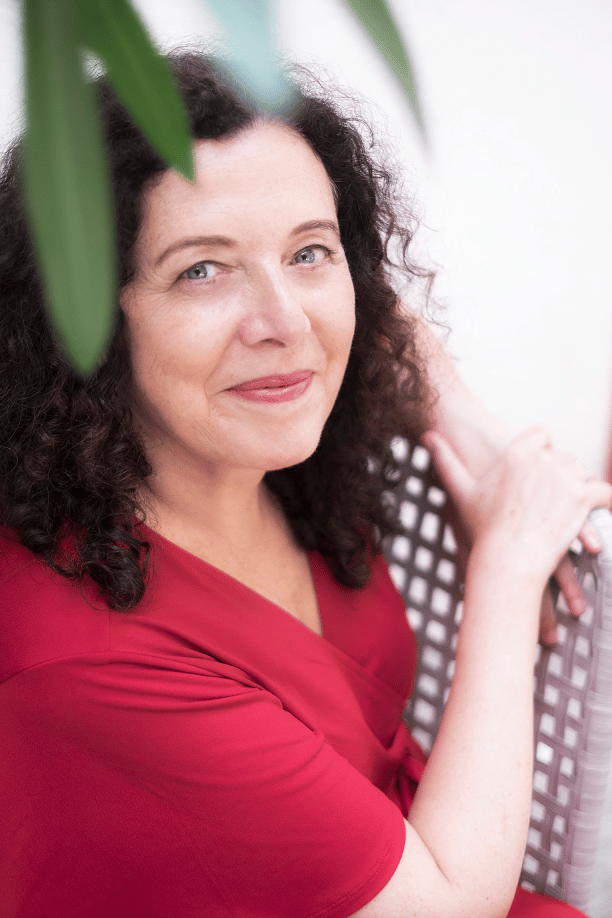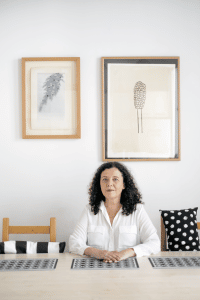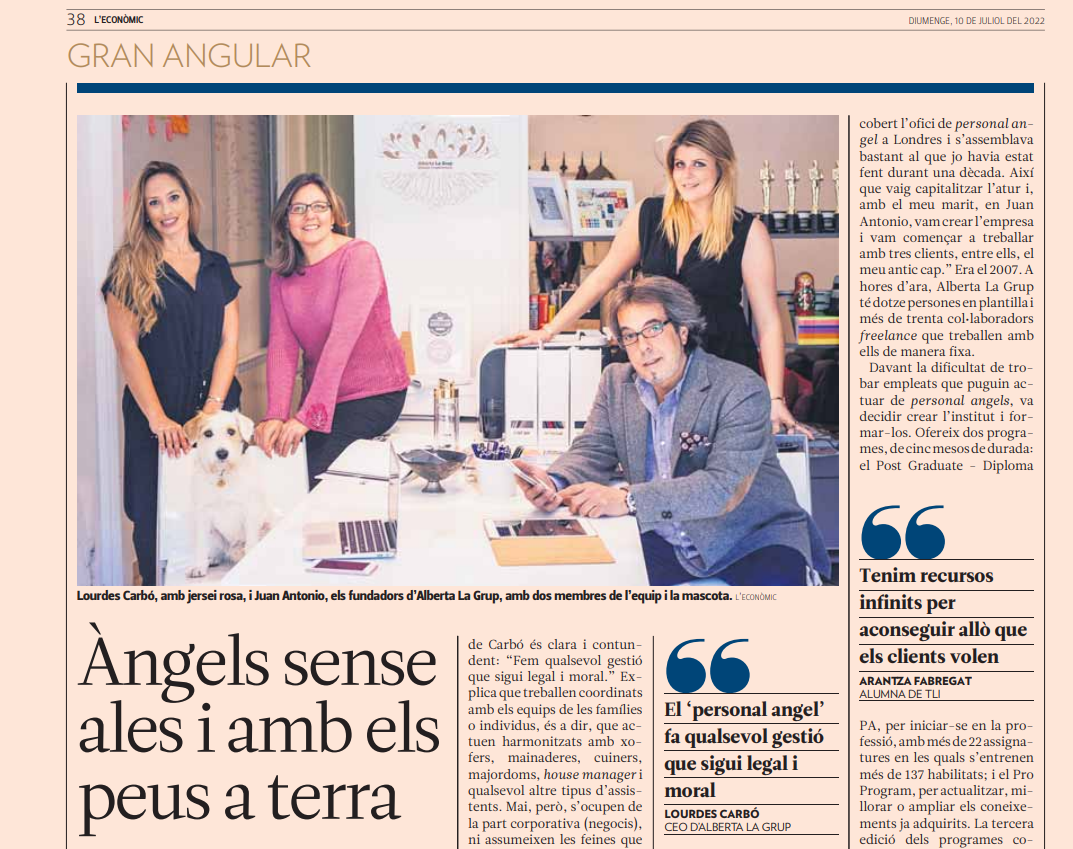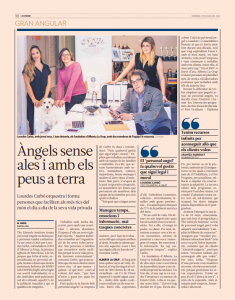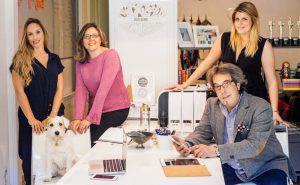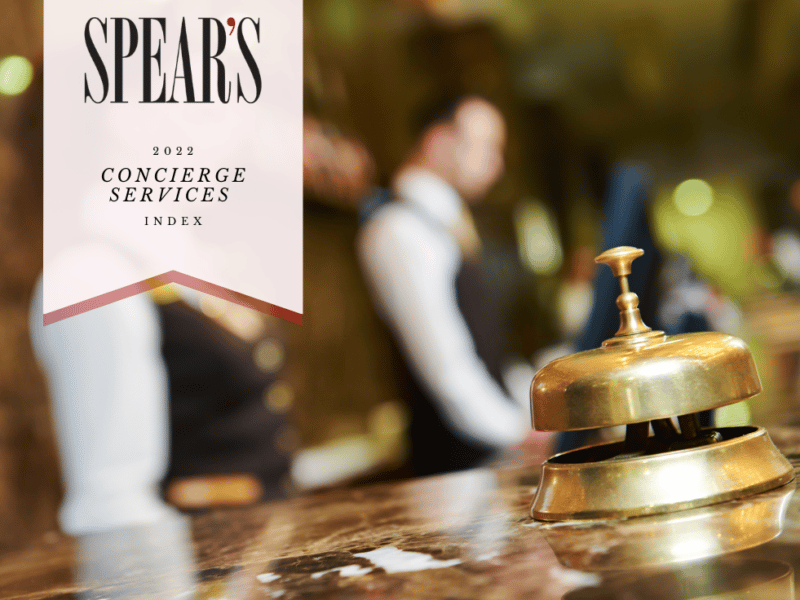![]() Read this interesting article about Alberta La Grup and The Lifestyle Institute in the business newspaper VIA EMPRESA!
Read this interesting article about Alberta La Grup and The Lifestyle Institute in the business newspaper VIA EMPRESA!

The ‘haute couture’ of the personal assistants
The Catalan agency, Alberta La Grup, focused on the business of ‘personal angels’ is targeted at the economically elite and has a client base that is 95% international
“I want to come to Barcelona for a sabbatical year and live in a house that has parking for seven cars”. This request, that for most mere mortals may seem overly exaggerated, is just one of many that Alberta La Grup, an agency specialized in personal assistants and with services aimed at the ultra wealthy, have received. The company is one of very few around the world that have an area of their business focused on the personal angel. The agency’s founder, Lourdes Carbó, mentions that “the profile of the personal assistant that we have known until now was recognized as a corporate figure, but we have now incorporated that personal element too. Usually a managerial secretary would not be involved with the domestic tasks of the given manager”. As a result of this necessity, which is very focused on a specific segment of the population, Alberta La Grup emerged in 2007. “The pioneer companies in this sector were mostly abroad, especially in the English-speaking market”, Carbó says. Bottom of Form
The clients of the Catalan agency could be described as those who are at the top of the economic pyramid. 95 % are from abroad and opportunities tend to arise from the international market. Lourdes Carbó describes that “in our work, the economic level and lifestyle really stand out, revolving around their acquisitive power”. These are people that have properties, children who study at international schools and who are constantly travelling and taking care of their businesses. Many of these profiles are celebrities, sports personalities or investors. In global terms, they are around 1-10% of the population. As Carbó mentions, “they have very different necessities to the rest”.
Lourdes Carbó: “In our work, the economic level and lifestyle really stand out, revolving around their acquisitive power “
Alberta La Grup’s business model is oriented around these requirements. Through a personalized service, their CEO explains that by limiting the number of clients, they are able to provide maximum availability. In this way “we can get to know their preferences and give them everything that they need”.
The only school in the world
As can be seen in the typical client profile of Alberta La Grub, Carbó says that on many occasions they need to coordinate with the family office of a client – the person who coordinates sometimes more than 30 staff working for the family. “I often say that we are like haute couture in fashion and since we have to live up to these high standards, we discovered that there wasn’t any kind of formal training for this line of work”. That is when they came up with the idea for The Lifestyle Institute, a school that is almost the only one of its kind in the world and that could be defined as a place where personal assistants who are in charge of taking care of the social and economical elite are trained. Despite having offices on the central Paseo de Gracia in Barcelona, Carbó admits that there is still a certain lack of knowledge regarding their services within their target audience. Alberta La Grup currently has 24 members of staff on their payroll and bills around one million euros each year.
These services should be considered within the context of a growing number of multimillionaires, despite the pandemic. The number of ‘superrich’, those who have a net worth of more than 30 million euros, increased in 2020 and has doubled in the last decade. This year, a study by EsadeEcPol determined that the 1% of the richest people in Spain had increased their participation in the national income from 13% in 2007 to 16.9% in 2019, which is more than the poorest 50%.
According to The Lifestyle Institute’s calculations, there are 137 skills required to do the job of a personal assistant for private lifestyles
With these numbers, Lourdes Carbó sees the personal angel as a profession with a great future that should be given more visibility. “It’s time to enhance the training as this is what will encourage the transfer of corporate assistants towards the personal assistant field”. According to The Lifestyle Institute’s calculations, there are 137 skills required to do the job of a personal assistant for private lifestyles. Although it involves a fairly secretive world, those that move within it see this as one of the inevitable traits of its very essence.
Global concierge service
The segment of the market that is most likely to require personal angel services, according to Alberta La Grup, are those that read publications such as Spear’s Magazine, where some of the articles make references to the search for the best personal trainers or the top allergy specialists in the world. For this kind of profile, Alberta La Grup has spent the last 10 years specialising in another sector: concierge. This involves luxury residential buildings in which you can find all kinds of services, such as a personal trainer, a masseuse or a dog walker. “It’s as though it were a hotel resort, but actually it is their home”, Carbó explains. This global orientation already contributes to 40% of the agency’s business and is where the agency is positioning itself in the global sphere and receiving more and more requests from foreign investors.
Another example of the areas in which this profession is moving can be seen in the training courses, for the time being delivered online, that are given by The Lifestyle Institute. Aimed at people who will later pass through recruitment agencies who are looking for nannies, butlers or bodyguards, the school delivers classes on topics such as ‘The Psychology of Flowers’, ‘Private Aviation’ or ‘How to Manage a Mega-yacht’. This is the reality of a profession that is evermore in demand and that needs to increase its professional level given that it is a high-pressure job that requires preparation that is similar in some aspects to that required by an elite athlete.
La 'alta costura' de los asistentes personales
La agencia catalana Alberta La Grup, posicionada en el negocio del ‘personal angel’, se orienta a las élites económicas y tiene un 95% de clientes internacionales
David Rodríguez
“Quiero venir a Barcelona un año sabático y vivir en una casa con siete parkings”. Esta petición, que a ojos de la mayoría de los mortales puede parecer una exageración, es una de las tantas que puede llegar a recibir Alberta La Grup, una agencia catalana especializada en la figura del asistente personal, dirigido a personas con un poder adquisitivo alto. La empresa es una de las pocas a nivel mundial que tiene un área de negocio centrada en el personal angel. La fundadora de la agencia, Lourdes Carbó, comenta que “el perfil del asistente hasta ahora se le conocía por la vertiente corporativa, pero nosotros hemos incorporado al personal, ya que una secretaria de dirección no puede dedicarse a hacer gestiones domésticas de un directivo concreto”. Fruto de esta necesidad, muy focalizada en un segmento concreto de la población, en el año 2007 surgió Alberta La Grup. “Los pioneros estaban en el extranjero, especialmente en el mercado anglosajón”, recuerda Carbó.
Los clientes de la agencia catalana podrían definirse como los que se encuentran en el pico de la pirámide de la población. Así, el 95% son foránicos y las oportunidades acostumbran a llegar del mercado internacional. Lourdes Carbó matiza que “en nuestro trabajo, marca mucho la capacidad económica y el estilo de vida, cohesionados en torno al poder adquisitivo”. Son personas con propiedades, hijos que estudian en escuelas internacionales y que viajan constantemente, pendientes de sus negocios. De estas características, se concretan perfiles de celebrities, deportistas o grandes inversos. En términos globales, serían entre el 1 y el 10% de la población. Eso sí, tal y como se encarga de remarcar Carbó, “con necesidades muy diferentes del resto”.
Lourdes Carbó: “En nuestro trabajo, marca mucho la capacidad económica y el estilo de vida, cohesionados en torno al poder adquisitivo”
El modelo de negocio de Alberta La Grup se orienta en función de estos requisitos. A través de un servicio personalizado, su CEO explica que la limitación en la cifra de clientes es la que les permite seguir prepararse para la máxima disponibilidad. De esta manera, “conocemos sus preferencias y les damos de forma concreta todo lo que necesitan”.
Escuela única en el mundo
Como muestra del perfil típico de cliente de Alberta La Grup, Carbó asegura que en muchas ocasiones el contacto se produce con el family office de un cliente, un responsable que puede llegar a coordinar a más de 30 personas del servicio. “A menudo me gusta decir que somos la alta costura de la moda y como tenemos esta exigencia, nos encontramos con que no existía una formación específica para este ámbito”. De ahí surgió The Lifestyle Institute, una escuela casi única en todo el mundo, que en pocas palabras, se podría definir como el lugar donde se prepara a los asistentes personales encargados de cuidar de las élites sociales y económicas. A pesar de tener las oficinas en el céntrico Paseo de Gracia de Barcelona, Carbó admite que existe un cierto desconocimiento de los servicios por parte de su público objetivo. En este momento, Alberta La Grup cuenta con 24 personas con nómina y factura alrededor de un millón de euros anuales.
Estos servicios se enmarcan en un contexto de crecimiento de la cifra de multimillonarios, a pesar de la pandemia. El número de ‘superricos’, los que tienen activos valorados en más de 30 millones de euros, se incrementó en 2020 y se ha duplicado en la última década. Ese mismo año, un estudio de EsadeEcPol constató que el 1% de las personas más ricas en el Estado español habían aumentado su participación en la renta nacional del 13% en 2007 al 16,9% en 2019, concentrando más que el 50% más pobre.
Según los cálculos de The Lifestyle Institute, se contabilizan 137 habilidades para desarrollar el trabajo de asistente personal en la vida privada.
Con estas cifras, Lourdes Carbó ve en lo personal angel una profesión de futuro a la que se le debe dar visibilidad. “Es un momento de potenciar la formación, ya que se está produciendo un trasvase de asistentes corporativos hasta el ámbito de la asistencia personal”. Según los cálculos del The Lifestyle Institute, se contabilizan 137 habilidades para desarrollar el trabajo de asistente personal en la vida privada. Aunque se trate de un mundo hermético, los que están dentro, lo ven como uno de los rasgos inevitables de su esencia.
El servicio global del concierge
El segmento de mercado susceptible de recibir los servicios del personal angel, según Alberta La Grup, son las personas que leen publicaciones como Spear’s Magazine, donde algunos de sus artículos hacen referencia a la búsqueda de los mejores entrenadores personales o los especialistas ‘top’ en alergias del mundo. De este perfil, Albert La Grup lleva 10 años especializado en otro sector: el concierge. Se trata de edificios residenciales, de lujo, donde se pueden encontrar todo tipo de servicios, como un entrenador personal, un masajista o un paseador de perros”. “Es como si fuera un hotel y resorte, pero en tu casa”, aclara Carbó. Esta orientación global ya aporta un 40% del volumen de negocio de la agencia. Es aquí donde la empresa catalana se está posicionando en la esfera mundial, recibiendo cada vez más demandas de inversores extranjeros.
Otro ejemplo de los entornos donde se mueve esta profesión se encuentra en los cursos de formación, de momento en línea, que se imparten en The Lifestyle Institute. Dirigidos a personas que luego irán a parar a agencias de reclutamiento que buscan nannys, mayordones o guardaespaldas, en la escuela se hacen asignaturas como ‘Psicología de las flores’, ‘Aviación privada’ o ‘Cómo gestionar un megayot’. Esta es la realidad de una profesión, cada vez más demandada, que necesita incrementar su profesionalización, ya que se trata de un trabajo con un nivel de presión alto y que requiere una preparación parecida, salvando las distancias, a la de un atleta de alta competición.

